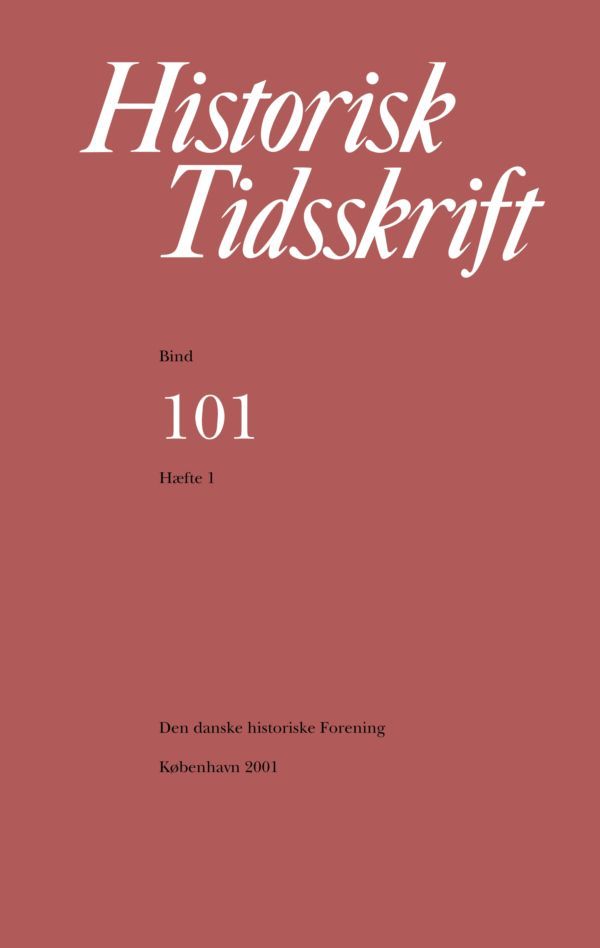Dansk Røde Kors' Ruslandsmission 1918-1919
Resumé
The Danish Red Cross Mission to Russia 1918-1919Denmark was the last country to break off diplomatic relations with the Bolshevik regime in December 1918/January 1919. Quasi-diplomatic relations, however, still existed as the Danish Red Cross mission to Russia remained in Soviet controlled territory with offices in Petrograd and Moscow. Besides humanitarian work - looking after and feeding political prisoners, exchanging prisoners of war - the Danish Red Cross mission also acquired some diplomatic functions, as the Bolsheviks wanted to use it as the last means of contact with Europe. The Soviet government also used the services of the Danish mission to send money and political agents dressed up as Red Cross emissaries to various European countries.The leader of the Danish Red Cross office in Moscow, Camillo Martiny, developed substantial political ambitions. He believed he could act as a mediator between the various Russian political movements and governments emerging on the territory of the former Russian Empire. Martiny's goal seemed to be that after the fall of the Bolshevik regime, The Danish Red Cross should establish model schools and model farms, be responsible for exchange of trade between Russia and the West, and manage oil concessions in the Caucasus.Nothing, however, came of Martiny's great ambitions. His analyses and views of political developments in Russia were often illfounded, e.g. his report about the rather obscure Jakov Peters pushing away Lenin from the center of power, and his idea that Maksim Litvinov was a leading xenophob. In June 1919 the Danish Red Cross office in Moscow was raided by Soviet Security Police forces. The staff was arrested. This move may have been a reprisal, as the Danish government had just expelled a Bolshevik representative of the Soviet controlled Russian Red Cross in Denmark.The Danish Red Cross mission and its functions from December 1918 to July 1919 can be seen as a phase connecting the severing of diplomatic contacts between Europe and Soviet Russia at the end of 1918, and the re-establishment of de facto diplomatic contacts in the Autumn of 1919 when Vice Commissar for Foreign Relations Maksim Litvinov arrived in Copenhagen. Litvinov's mission to Denmark became a stepping stone for a Soviet delegation led by Commissar for Foreign Trade Leonid Krasin that arrived in London in the Spring of 1920.Downloads
Publiceret
Citation/Eksport
Nummer
Sektion
Licens
Ophavsret til bidrag i Historisk Tidsskrift tilhører forfatterne og Den danske historiske Forening som udgiver af Historisk Tidsskrift. For illustrationer gælder den ophavsret, som står anført i billedteksten. Ophavsretslovens almindelige bestemmelser gælder, hvilket vil sige, at ophavsretten gælder i 70 år efter forfatterens død. Bidrag i Historisk Tidsskrift må derfor, med forbehold for en ”moving wall” på tre år, frit downloades, læses, gemmes, anvendes og citeres (med kildeangivelse) i privat og videnskabelig sammenhæng, men de må ikke helt eller delvis genudgives af tredjepart, heller ikke i redigeret form, uden tilladelse fra forfatterne og Den danske historiske Forening. Henvendelse skal i så fald rettes til Historisk Tidsskrifts redaktion på histtid@hum.ku.dk.





